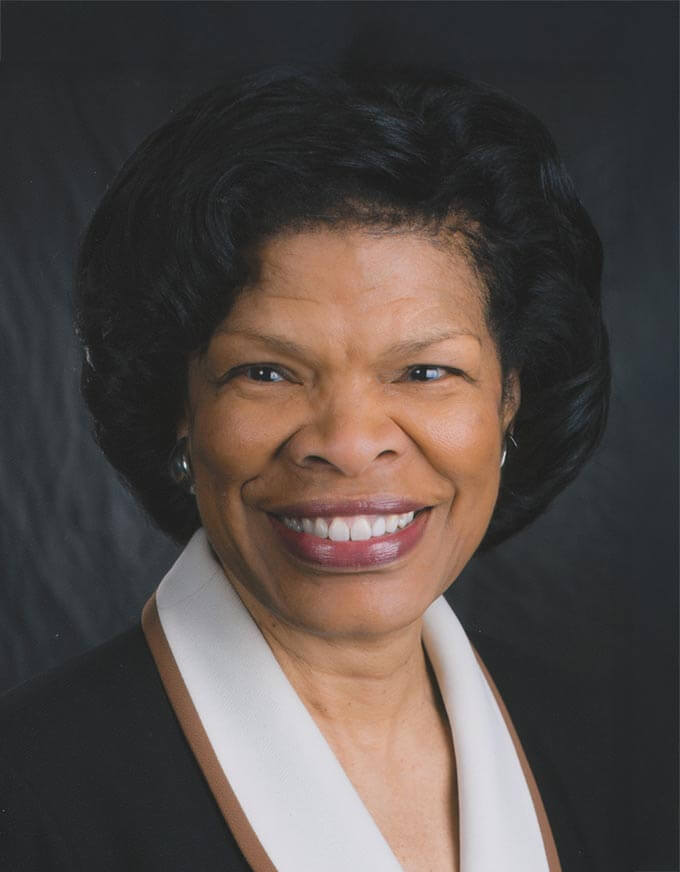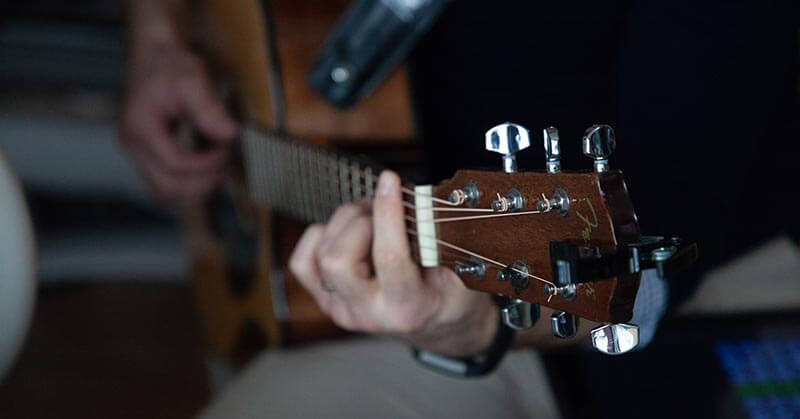Major Research Achievements in Our History
University Hospitals Connor Whole Health has a long history of leading practice-based research and clinical trials supporting the effectiveness of integrative therapies like acupuncture and music therapy for providing clinically significant pain relief and helping patients better manage stress and anxiety associated with their health conditions. Continued observational studies, retrospective health record analyses, and clinical trials across UH Connor Whole Health pave the way for expanded coverage of these integrative modalities, and others, to help patients navigate their overall health conditions, achieve greater wellbeing, and improve their overall health outcomes.
National Leader in Music Therapy Research
1984 – Start of Music Therapy Program at University Hospitals

1991 – Deforia Lane, PhD, MT-BC, former Associate Director of Seidman Cancer Center & Director of Art & Music Therapy at University Hospitals Cleveland Medical Center and UH Rainbow Babies & Children’s, is a pioneering music therapist who launched music therapy research at University Hospitals. This began when she received a grant to study music’s therapeutic effects on patients with cancer. She also investigated the effects of music therapy among hospitalized children.
2010 – Kathy Jo Gutgsell, RN, MT-BC, a former music therapist at University Hospitals Seidman Cancer Center, investigated the efficacy of music therapy for reducing pain among patients receiving palliative care. Kathy Jo’s clinical care focused on helping patients with severe pain, and even those facing the end of life. This care ranged from using their preferred music to conduct a life review to providing live music-assisted relaxation and imagery interventions with her harp. Her 2013 study funded by the Kulas Foundation was the first and largest study of its kind and found that those receiving a single 20-minute music-assisted relaxation and imagery session reported greater reductions in pain intensity than those receiving standard care alone (difference in means [95% CI] -1.39 [-1.95, -0.83] p<.001).
2012 – Jaclyn Bradley, MT-BC, a board-certified music therapist, conducted a 3-arm randomized controlled trial to study the efficacy of music therapy for addressing anxiety among women undergoing breast biopsy surgery. The study compared three conditions delivered immediately prior to surgery (1) a live music therapy session featuring patient-preferred music; (2) listening to recorded music; and (3) no music (control). The study found that, compared with those in the control group, those receiving live or recorded music reported greater reductions in anxiety scores preoperatively.

2014 – Music Therapy for Patients with Sickle Cell Disease: Sam Rodgers-Melnick, MPH, LPMT, MT-BC, a music therapist and researcher focused on investigating the effectiveness of integrative therapies at UH Connor Whole Health, was the first to conduct systematic research on the impact of music therapy among patients with sickle cell disease. With the support of the Kulas Foundation, this work began in 2014 and was followed by several studies expanding the evidence base for music therapy with this population.
Rodgers-Melnick developed the Build-Educate-Advance-Transition in Sickle cell disease (BEATS) program which helped adolescents and young adults with sickle cell disease build confidence and self-management skills to transition from pediatric to adult care. Rodgers-Melnick subsequently conducted a series of studies investigating how a single music therapy session could help during a pain crisis, how adults with sickle cell disease use music, and how music therapy could be used to manage chronic pain and improve health-related quality of life.
Expanded Investigations into Multiple Integrative Modalities
2018 – Jeffery Dusek, PhD, former Director of Research at UH Connor Whole Health, began expanding the research portfolio to understand large-scale clinical effectiveness using electronic health record data and investigate the multi-site feasibility of acupuncture within Emergency Medicine. These studies included (1) Acupuncture in the Emergency Department for Pain Management (ACUITY); (2) Massage Therapy for Children, Adolescents, and Young Adults (MATCHA); (3) Effectiveness of Medical Music therapy Practice: Integrative Research using the Electronic medical record (EMMPIRE); and (4) a large retrospective review of immediate effects on moderate-to-severe pain, stress, and anxiety among outpatients presenting to UH Connor Whole Health.


2020 – Robert Trager, DC, a leading chiropractic physician and researcher, joined the team to investigate various outcomes related to chiropractic care, including the use of manual therapies for musculoskeletal and neurological disorders. Dr. Trager specializes in real-world observational and big data studies, and investigates outcomes related to the integration of chiropractic in large health care settings.
Current Research to Improve Access to Integrative Modalities
UH Connor Whole Health now has a large active research portfolio examining the impact of IHM modalities spanning multiple points in the translational science continuum – from studies examining mechanisms by which music interventions impact pain all the way to implementation science approaches to improve integration of these modalities throughout health systems. Much of this research is made possible through a $3.15 million gift from the Elisabeth Severance Prentiss Foundation.


